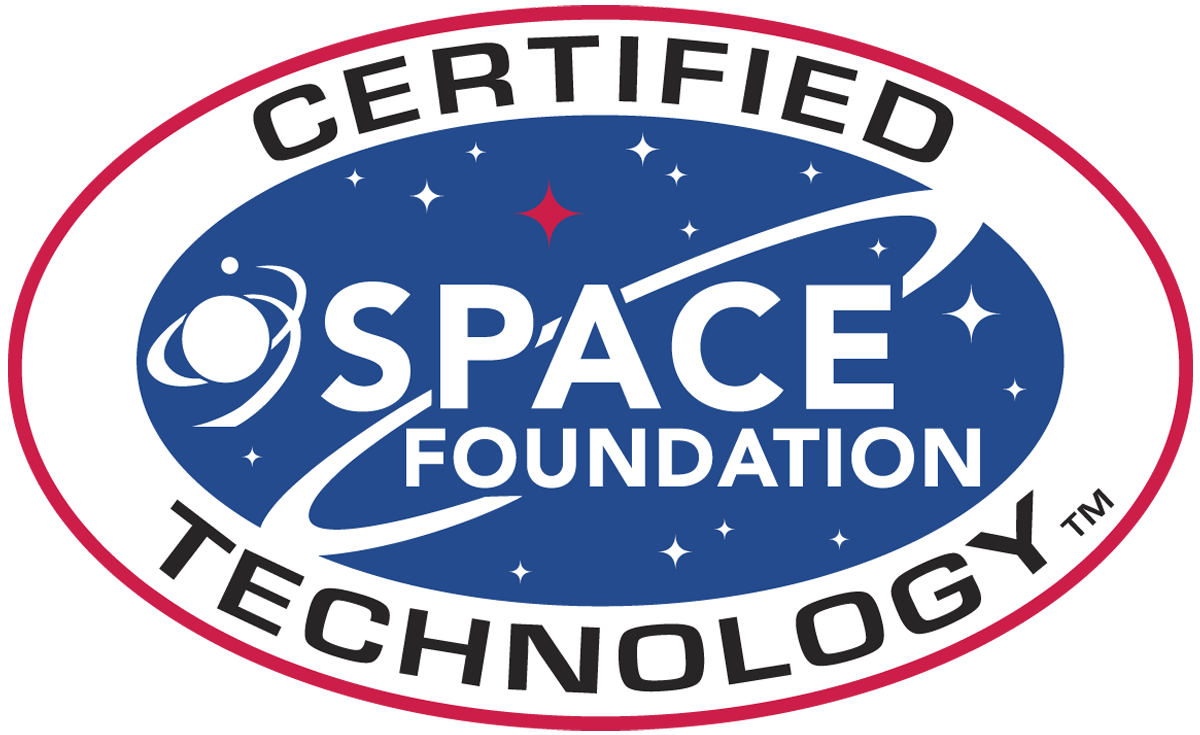ASHEVILLE, NC – Randomized, controlled reviews of Play Attention performed by Tufts University School of Medicine yielded significant improvements in ADHD students in the Boston City School System. This prompted reviewers to see if the significant improvements persisted after a 6 month period without training. The reviewers found that the significant improvements Play Attention students developed during their training were maintained 6 months after training concluded.
The brain game group made little to no gain among the ADHD population.
Published in the journal Pediatrics, and titled, In-School Neurofeedback Training for ADHD: Sustained Improvements From a Randomized Controlled Trial, the Tufts reviewers found (http://pediatrics.aappublications.org/content/early/2014/02/11/peds.2013-2059):
In a very positive review, Tufts found that Play Attention made greater improvements in ADHD symptoms compared to both the control and CT conditions and the significant improvements were maintained 6 months after training concluded. Thus, Play Attention is a promising attention training treatment intervention for children with ADHD.
OBJECTIVE: To evaluate sustained improvements 6 months after a 40-session, in-school computer attention training intervention using neurofeedback [Play Attention] or cognitive training (CT) administered to 7- to 11-year-olds with attention-deficit/hyperactivity disorder (ADHD).
METHODS: One hundred four children were randomly assigned to receive neurofeedback, CT, or a control condition and were evaluated 6 months postintervention. A 3-point growth model assessed change over time acrossthe conditions on the Conners 3–Parent Assessment Report (Conners 3-P), the Behavior Rating Inventory of Executive Function Parent Form (BRIEF), and a systematic double-blinded classroom observation (Behavioral Observation of Students in Schools). Analysis of variance assessed community-initiated changes in stimulant medication.
RESULTS: Parent response rates were 90% at the 6-month follow-up. Six months postintervention, neurofeedback participants maintained significant gains on Conners 3-P (Inattention effect size [ES] = 0.34, Executive Functioning ES = 0.25, Hyperactivity/Impulsivity ES = 0.23) and BRIEF subscales including the Global Executive Composite (ES = 0.31), which remained significantly greater than gains found among children in CT and control conditions. Children in the CT condition showed delayed improvement over immediate postintervention ratings only on Conners 3-P Executive Functioning (ES = 0.18) and 2 BRIEF subscales. At the 6-month follow-up, neurofeedback participants maintained the same stimulant medication dosage, whereas participants in both CT and control conditions showed statistically and clinically significant increases (9 mg [P = .002] and 13 mg [P , .001], respectively).
CONCLUSIONS: Neurofeedback participants made more prompt and greater improvements in ADHD symptoms, which were sustained at the 6-month follow-up, than did CT participants or those in the control group. This finding suggests that neurofeedback [Play Attention] is a promising attention training treatment for children with ADHD. Pediatrics 2014;133:483–492
About Play Attention
Play Attention is the global leader in neurocognitive training having pioneered it for home and school in 1994. Play Attention is available online at www.playattention.com. Play Attention has been shown to significantly improve attention, working memory, impulse control, and behavior in studies published in 3 peer reviewed journals and performed in public schools as opposed to artificial clinical settings. Play Attention has been featured twice on Good Morning America, TIME magazine, national and local news broadcasts, the Boston Globe, Huffington Post, Delta Sky Magazine, Washington Post, Home School magazine, and many more media.


